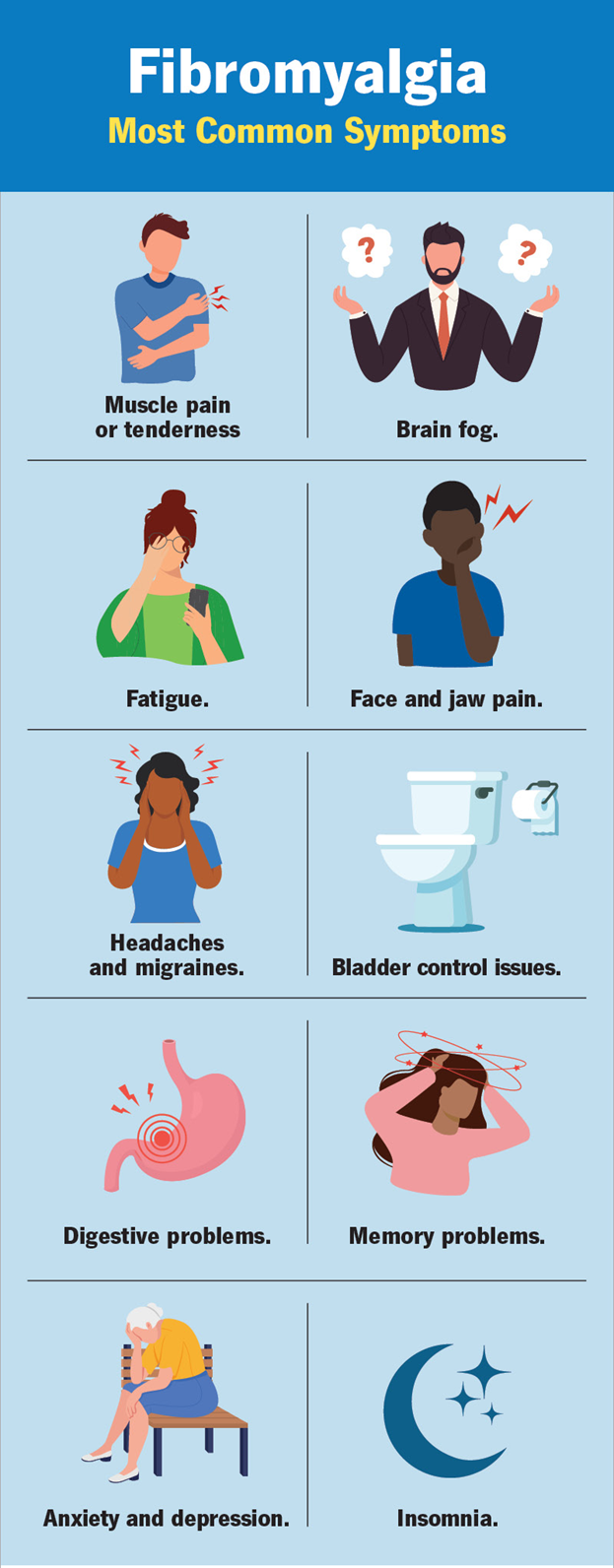A client who is receiving pregabalin for fibromyalgia complains of tremors in the hands. Which action should the nurse implement?
Administer a PRN dose of an antianxiety drug.
Obtain orthostatic blood pressure readings.
Notify the healthcare provider.
Collect a capillary glucose level.
The Correct Answer is C
Choice A reason:
Administering a PRN dose of an antianxiety drug might seem like a reasonable action if the tremors are related to anxiety. However, without a clear indication that anxiety is the cause of the tremors, this action could mask the underlying issue and delay appropriate treatment. It is essential to identify the root cause of the tremors before administering any medication.
Choice B reason:
Obtaining orthostatic blood pressure readings is a useful assessment for determining if the client has orthostatic hypotension, which can cause dizziness and fainting. However, this action is not directly related to the complaint of hand tremors. While it is a good practice to monitor vital signs, it does not address the immediate concern of tremors caused by pregabalin.
Choice C reason:
Notifying the healthcare provider is the most appropriate action. Tremors can be a side effect of pregabalin12. The healthcare provider needs to be informed to evaluate the severity of the side effect and decide whether to adjust the medication dosage or switch to an alternative treatment. This ensures that the client receives the most appropriate care and avoids potential complications.

Choice D reason:
Collecting a capillary glucose level is important for clients with diabetes or those at risk of hypoglycemia or hyperglycemia. However, there is no indication in the scenario that the client has diabetes or that blood glucose levels are related to the tremors. Therefore, this action is not directly relevant to the client’s current complaint.
Nursing Test Bank
Naxlex Comprehensive Predictor Exams
Related Questions
Correct Answer is C
Explanation
Choice A reason: Constipation is typically a symptom of hypothyroidism, not hyperthyroidism. If a client is taking too much levothyroxine, they are more likely to experience symptoms of hyperthyroidism, such as diarrhea, rather than constipation.
Choice B reason: Intolerance to cold is a common symptom of hypothyroidism, indicating that the thyroid hormone levels are too low. If the client is taking too much levothyroxine, they would more likely experience heat intolerance due to increased metabolic activity.
Choice C reason: Restlessness is a symptom of hyperthyroidism, which can occur if a client is taking too much levothyroxine. Excess thyroid hormone can lead to increased nervous system activity, causing symptoms such as restlessness, anxiety, and tremors.
Choice D reason: Decreased appetite is more commonly associated with hypothyroidism. In contrast, hyperthyroidism, which can result from taking too much levothyroxine, often leads to an increased appetite.

Correct Answer is C
Explanation
Choice A reason: Administering potassium is not the primary action for treating digoxin toxicity. While hypokalemia can exacerbate digoxin toxicity, the initial step is to assess and stabilize the patient’s overall condition, including acid-base and electrolyte balance. Potassium administration may be considered if hypokalemia is present, but it is not the first-line treatment.
Choice B reason: Cardioversion is not typically used to treat digoxin toxicity. Digoxin toxicity can cause various arrhythmias, but the treatment focuses on stabilizing the patient and addressing the toxicity itself2. Cardioversion may be considered in life-threatening arrhythmias, but it is not the primary intervention.
Choice C reason: Checking acid-base and electrolyte values is crucial in managing digoxin toxicity. Digoxin toxicity can lead to electrolyte imbalances, particularly hyperkalemia, which can be life-threatening. Assessing and correcting these imbalances is essential for stabilizing the patient and preventing further complications.
Choice D reason: Giving digoxin by another route to slow absorption is not an appropriate action. The primary treatment for digoxin toxicity involves stopping the medication and administering digoxin-specific antibody fragments (Fab) if necessary. These antibodies bind to digoxin, neutralizing its effects and allowing for its excretion.
Whether you are a student looking to ace your exams or a practicing nurse seeking to enhance your expertise , our nursing education contents will empower you with the confidence and competence to make a difference in the lives of patients and become a respected leader in the healthcare field.
Visit Naxlex, invest in your future and unlock endless possibilities with our unparalleled nursing education contents today
Report Wrong Answer on the Current Question
Do you disagree with the answer? If yes, what is your expected answer? Explain.
Kindly be descriptive with the issue you are facing.
